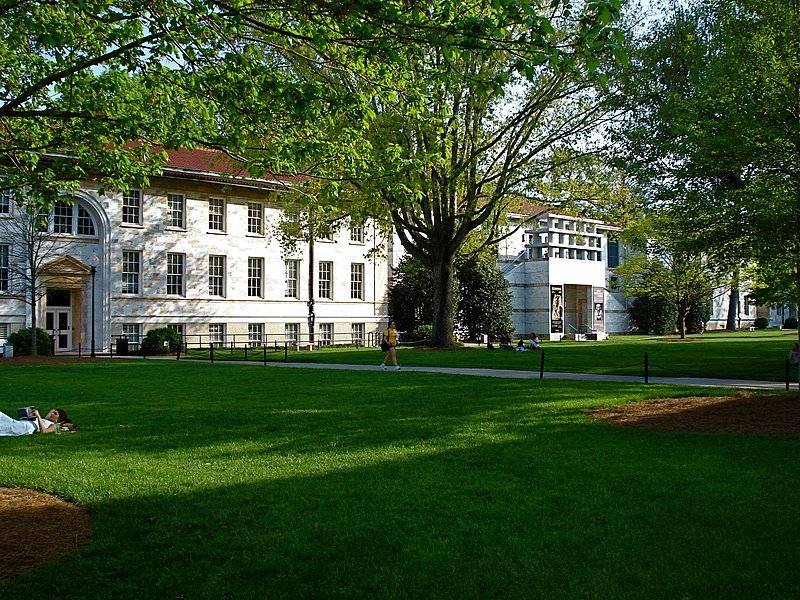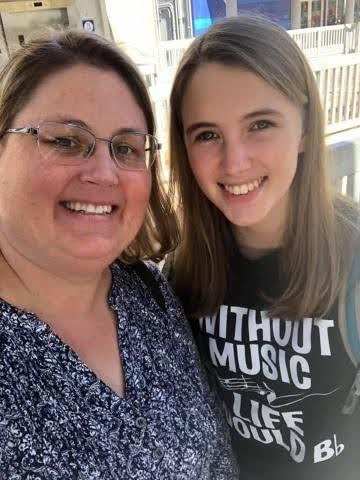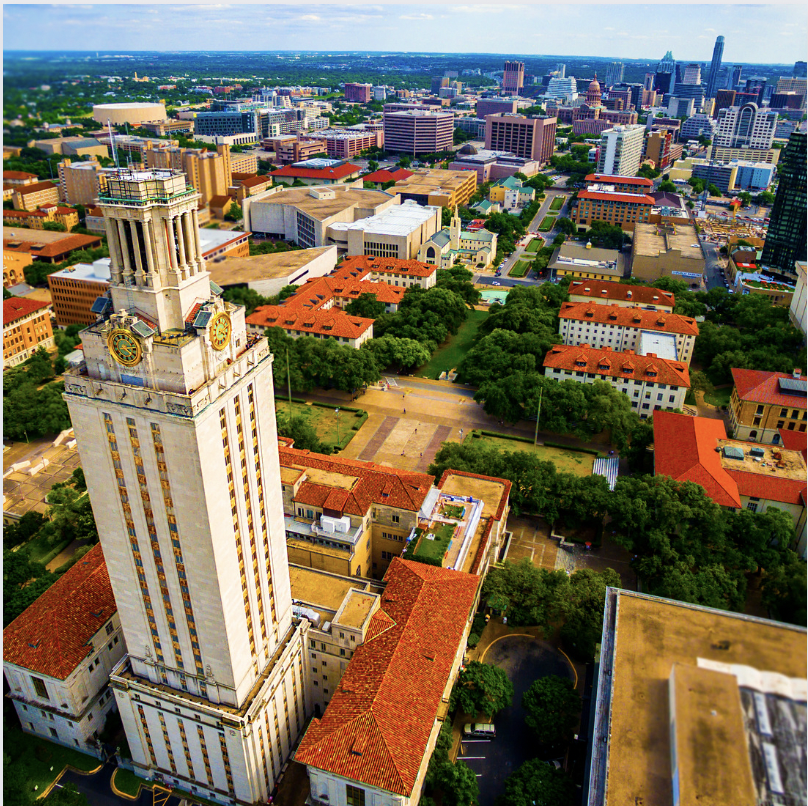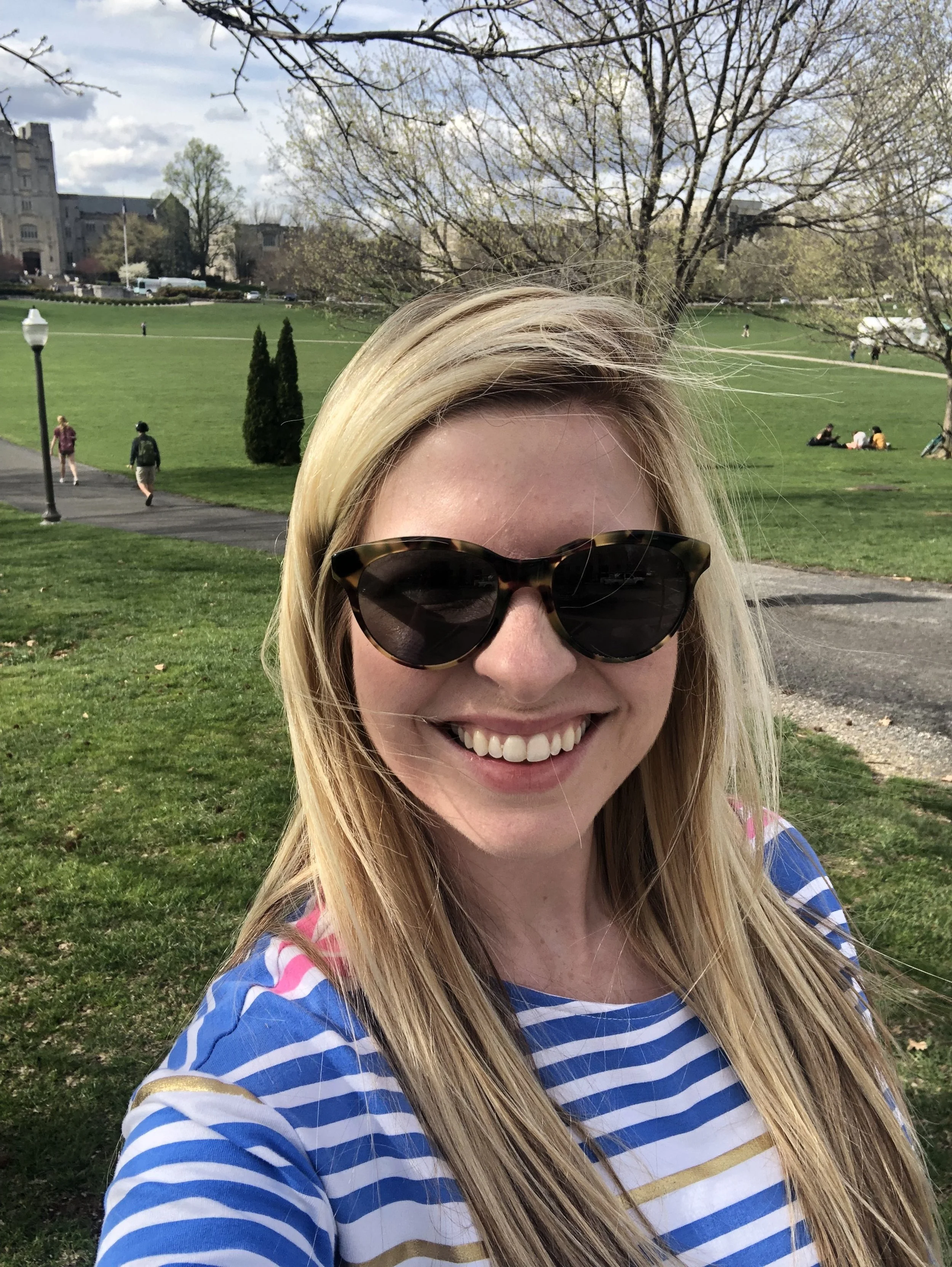Another long blogging pause but I have a good excuse (see the last part of this post). We'll be back on schedule in the new year, I promise! 😊
BIGGEST COLLEGE-RELATED NEWS
EARLY APPLICATION RESULTS (PART I) ARRIVE!
The first round of early application results came in for students during the month of December, including binding Early Decision I plans. Fortunately, many of our students heard good news — we are so proud of them! 🎉🎉🎉 It’s amazing to see their hard work pay off. Some students have also heard from their early action schools, although a large number of those decisions will not be released until January. Deferred students should definitely write letters of continued interest where appropriate. They should also pay very close attention to their admissions portals at the various schools, as many (especially large flagship public schools) are giving students the opportunity to respond to specific prompts. Responding to these prompts is crucial if given the opportunity!
LAST DAY FOR FCPS STUDENTS WITH IEPS OR 504 PLANS TO SIGN UP FOR FREE 1:1 TUTORING
Yes - truly free! As part of the commitment to providing compensatory services for special needs students impacted by Covid-19, FCPS is partnering with Varsity Tutors to offer free 1:1 online tutoring to middle and high school students with IEPs and 504 Plans. Today is the last day to sign up - you can do so here. Students will be paired with a dedicated tutor and assigned a weekly meeting time for ongoing sessions. Need help in more than one subject? No problem — students can sign up for two sessions per week!
IT’S THAT TIME OF YEAR AGAIN.. GET READY FOR HIGH SCHOOL COURSE SELECTION!
It’s hard to believe, given that the school year is not even at the halfway point yet, but 8th-11th grade students need to start thinking about course selection for next year. Our public school students will start selecting their 2025-2026 coursework almost as soon as they return from winter break, but most of our parochial and independent school students will not begin this process until March or so.
FCPS students will notice that earth science has been added as a full-year science offering at all high schools in the district, while geosystems will no longer be offered at every single school. Note: Students aiming for highly selective schools should take physics, chemistry, biology, and a fourth year of elective science. Rising 10th graders will have a new option for their required 10th grade English class: AP Seminar English 10. This turns the AP English sequence from a two-year track (with AP English Language and AP English Literature) into a three-year track, so students who want to take the most challenging course load available should consider this option. P.S. Don’t sleep on the FCPS Academy options (only those with an FCPS email account will be able to view these). From “Social Media Marketing” to “Cloud Computing,” students can gain exposure to career fields and enhance their college applications.
BEST ARTICLES
In “University of California was a beacon of opportunity. What went wrong and how to fix it,” LA Times columnist Mary McNamara interweaves her personal experiences into a deep dive into the University of California system. She recalls the original intention of California’s Master Plan for Higher Education, which was “designed to guarantee every high school graduate in the state the opportunity to attend college,” and how the current landscape falls short of this goal.
Not only have UC and California State schools become unaffordable for many, they are nearly impossible to get into. Is that fair to California taxpayers? McNamara doesn’t believe so. “Sending a child who meets the historical standards of a UC to the campus that best meets their educational priorities should not require the kind of multiyear planning and hand-wringing worry of getting into MIT or vaulting into the Ivy League,” she remarks. I agree - and I can’t help but think about how her words likely resonate with parents from our area, too. You shouldn’t have to cure cancer to get a degree from your state’s flagship school.
Almost three years ago, we wrote about a lawsuit alleging that a number of top universities had engaged in antitrust violations when calculating financial aid packages. A recent motion in the lawsuit has generated significant buzz, because it provides inside information about the role that certain applicants’ wealth played (spoiler alert: a big one) in the admissions process at these highly-selective institutions.
Some school officials do acknowledge that special treatment was given, but maintain that it’s irrelevant to the case and wasn’t against the rules. A Penn official wrote that the inclusion of this information seemed like it was only to “embarrass the university about its purported admission practices on issues totally unrelated to this case.” Other universities deny providing an admissions advantage to wealthy candidates, despite apparent evidence showing otherwise. “Sure hope the wealthy raise a few more smart kids!” wrote a Notre Dame enrollment officer. Ouch. From my point of view, this practice is definitely alive and well at all sorts of colleges. The legality of it, though, is above my pay grade. Does providing advantages to the wealthy equate to institutional discrimination against the non-wealthy? I’m not sure.
OFFICE HAPPENINGS
If any of our blog readers were around in late 2019, you’d know how excited I was about moving into our big "new office suite. I signed a three-year lease that began on January 1, 2020, and had lots of exciting plans for the space. While just about nothing that year played out the way I envisioned, it did end up being a nice second home of sorts for me during the pandemic, especially with two children out of school. I was the only person I knew who got to leave the house to go to work every day, and I was so grateful for that!
As the years passed, I wasn’t quite ready to give up on the dream and I ended up renewing the lease twice for a year each time. I was pretty sure that students would want to start meeting in person again. A handful of kids had 1-2 meetings in person during 2023, which was a lot less than I had expected. And then last summer, in 2024, we didn’t have a single student who wanted to meet in person!
At many points during the last five years I was the only one working from the suite, and at other points (seasonally) there were up to four of us there at once, which I personally really enjoyed. But even when each office was occupied with a team member, our students only wanted to meet virtually and it seemed a little silly to drag my team in for no reason! Over the last year in particular I was the only person there on a regular basis, and that started to feel a bit isolating. I didn’t like going to an empty suite all by myself every day.
Ultimately, I decided to let the suite go and find a new office that better fits our needs. After a LOT (and I mean a LOT) of hunting, I settled on a private space within the Industrious coworking community in Tysons, right across from the Galleria. It’s great — and let me tell you, the snack situation is ON POINT.
My move-in helpers wanted to come up with a new college-related quote and I don’t love the one they chose. Any better ideas?
We’re still not 100% set up yet but will be soon - stay tuned for new pictures! And in the meantime, we wish all of our families a very happy new year - we hope you are having an amazing holiday season filled with quality time!
























